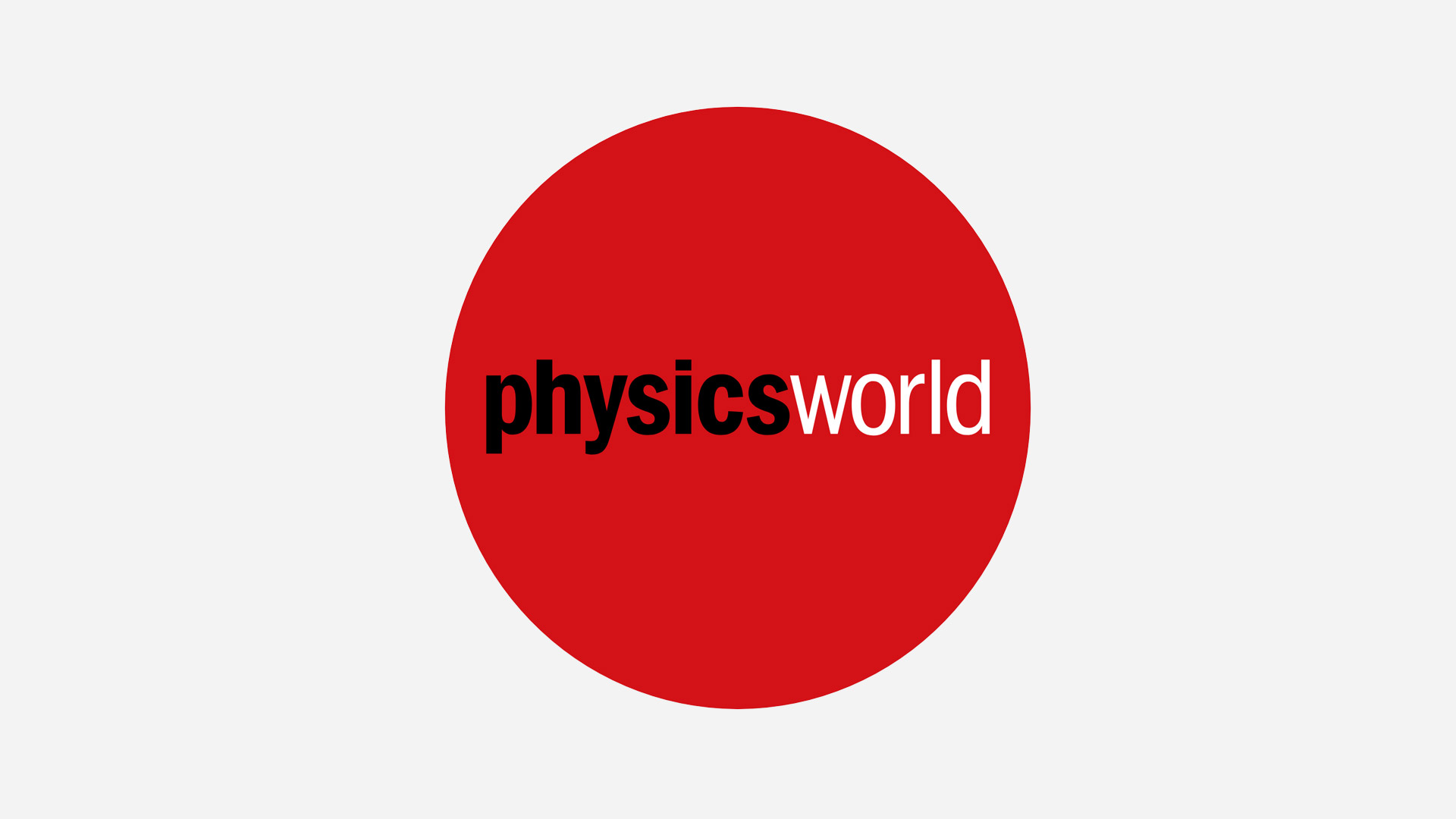The cost of power: moving beyond LCOE
Levelised Cost of Energy figures are widely used but are a poor measure of actual energy costs. Can we do better?

Thank you for registering with Physics World
If you'd like to change your details at any time, please visit My account
Dave Elliott is an emeritus professor of technology policy at the Open University, UK, where he has pioneered courses and research in renewable-energy policy and technological innovation. Since retirement he has devoted himself to teaching on a range of MSc courses on energy around the UK and writing books such as the IOP ebook Renewables: a Review of Sustainable Energy Supply Options. Dave is a physicist by training and worked for the UK Atomic Energy Authority before turning his attention to renewable energy. He blogs at renewnatta.wordpress.com, e-mail david.elliott@open.ac.uk
Levelised Cost of Energy figures are widely used but are a poor measure of actual energy costs. Can we do better?

The UK may be doing reasonably well on green power, but it is not making much progress on green heat. What about solar heating?

Obtaining 100% of all electricity from renewables by 2050 no longer looks impossible. But what about heating and transport?

Getting 100% of electricity, much less all energy, from renewables is too much to expect, says the Policy Exchange. But several studies disagree

Nuclear power is in disarray in most places globally, with old plants closing and new projects stalling as cheaper alternatives win out. Maybe time for a rethink, asks Dave Elliott

Operating on the energy supply side has limits – trying to balance the variable inputs from renewables is hard. So why not operate on the demand side?

Dave Elliott delves into the truth behind the UK government's latest renewable energy claims

Dave Elliott looks at the new book, A Guide to EU Renewable Energy Policy, edited by Israel Solorio and Helge Jörgens

Energy data are sometimes presented in terms of primary energy fuel inputs. This may make sense for fossil fuels but not for renewables or nuclear, says Dave Elliott
